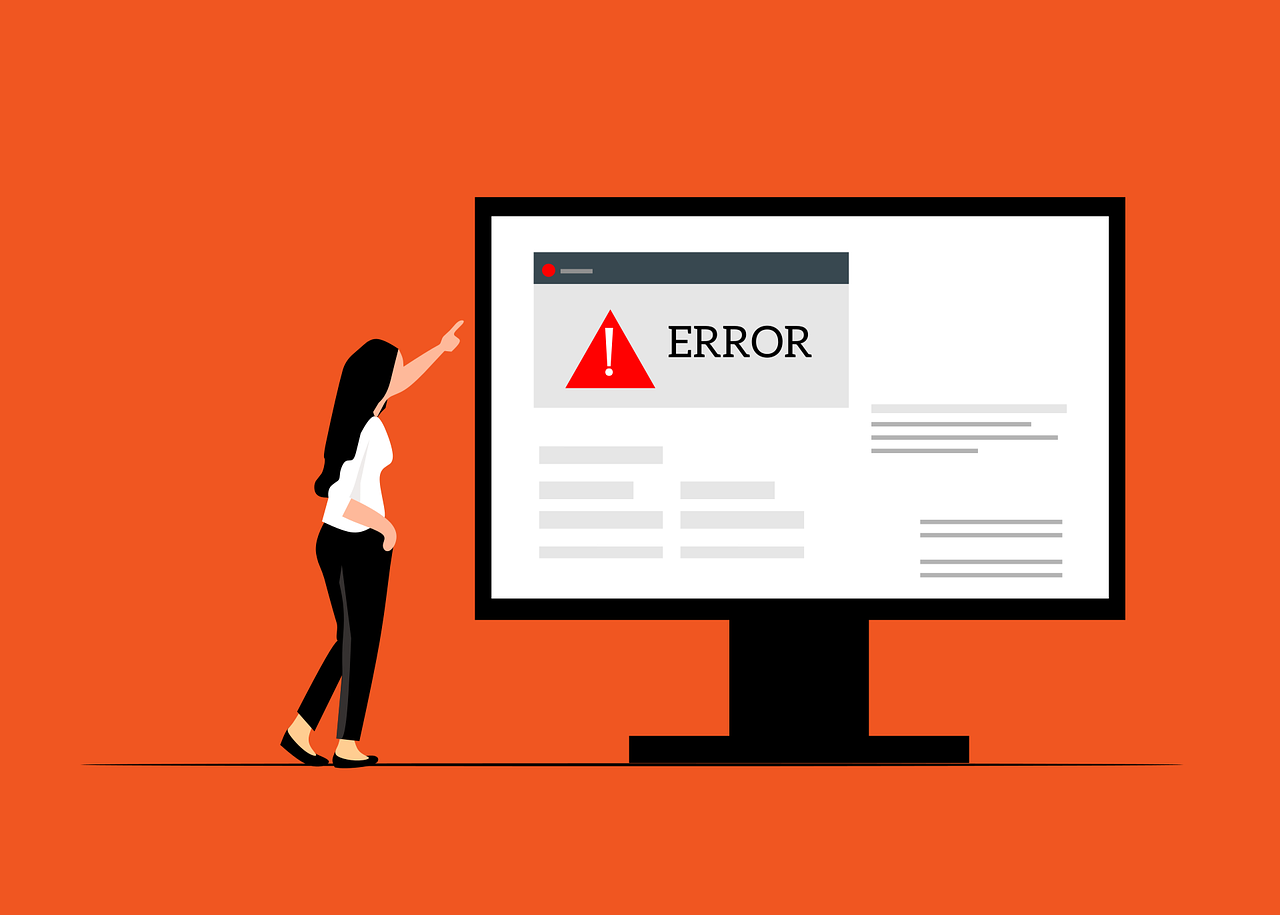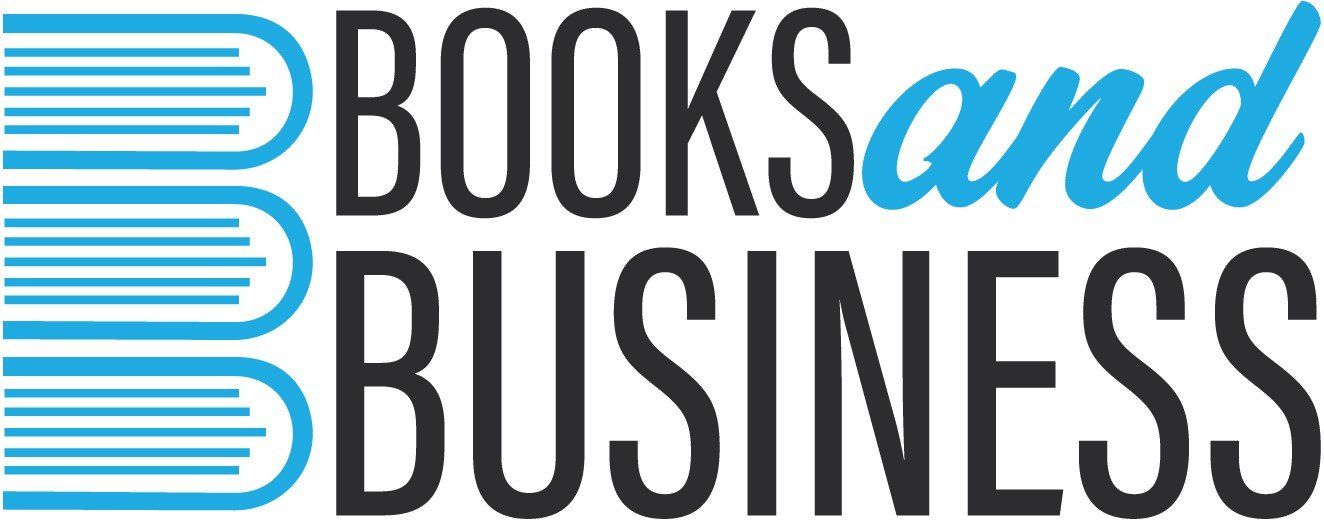10 Cons of DIY Bookkeeping
While some small business owners may choose to handle their bookkeeping themselves to save money, there are several disadvantages associated with this approach. Here are some of the drawbacks of DIY bookkeeping:
1. Time-Consuming: Bookkeeping can be a time-consuming task, especially if you're not familiar with accounting principles and the software associated with it such as QuickBooks. Small business owners who take on bookkeeping themselves may find that they spend valuable hours on tasks that could be better used for growing their business.
2. Risk of Errors: Without a background in accounting, there's a higher risk of making errors in your financial records. These errors can lead to inaccurate financial statements, which can have serious consequences, including financial penalties, tax issues, and potential poor decision-making. Not forgetting the additional time then required to fix any errors.
3. Lack of Expertise: Bookkeepers are trained in accounting principles, tax regulations, and financial reporting. They have the expertise to handle complex financial transactions and can provide valuable insights into your business's financial health.
4. Missed Deductions and Credits: By doing your own bookkeeping you may miss out on potential tax deductions and credits that could save the business money. Accountants and bookkeepers are well-versed in tax law and can help businesses maximise their tax benefits.
5. Compliance Risks: Staying compliant with tax laws and regulations is crucial. As a business owner you may not be aware of changes in tax laws or may not fully understand compliance requirements, putting the business at risk of penalties.
6. Lack of Objectivity: Business owners who handle their own bookkeeping may have a personal bias when recording financial transactions. This subjectivity could lead to financial data that is not entirely accurate or impartial, which could affect decision-making.
7. Inefficient Processes: Business owners may not be familiar with efficient bookkeeping processes and tools, resulting in redundant or ineffective workflows. This inefficiency can waste time and potentially increase costs.
8. Limited Scalability: As your business grows, the complexity of your financial transactions and reporting requirements will likely increase. Business owners undertaking their own bookkeeping may realise it quickly becomes unsustainable as the business expands, leading to even greater challenges and errors.
9. Reduced Focus on Core Business Activities: Small business owners often wear multiple hats, but taking on bookkeeping can divert their attention from core business activities that are crucial for growth and success.
10. Higher Costs in the Long Run: While DIY bookkeeping may seem cost-effective initially, the potential for errors, compliance issues, and missed opportunities for tax savings can lead to higher costs in the long run. Bookkeepers as well as accountants can help prevent costly mistakes and optimise your financial operations saving you time and money.
While some business owners may choose to handle their bookkeeping themselves, it's essential to be aware of the potential drawbacks and risks associated with DIY bookkeeping. Hiring a professional bookkeeper like Books and Business can provide expertise, accuracy, and peace of mind, allowing you to focus on growing your business while ensuring your financial records are in good hands. Here at Books and Business we offer bespoke packages to suit your needs, whether it’s a one-off visit to sort out a specific issue or regular training to streamline your business processes we can accommodate your specific needs.
Get in touch today to see how we can save you time, email us at admin@booksandbusiness.co.uk.




